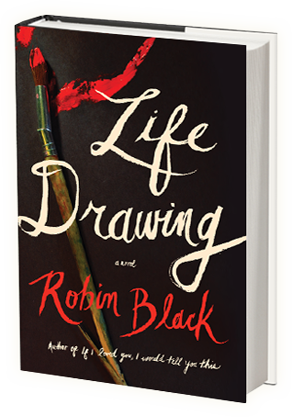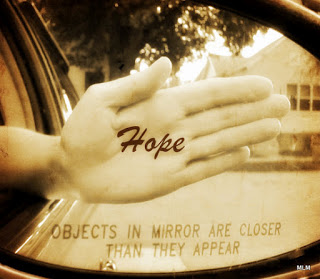 It’s been a week since the agent who has shown interest in my novel received my last round of revisions. Who knows how long it might be before I hear back from her? And so I find myself spending my days immersed in projects around the house (hung 16 pictures in our upstairs hallway this weekend) and going out with friends (day trip to Oxford with a friend on Friday and movies with another friend on Saturday) and “refueling.” One way I do that is by reading.
It’s been a week since the agent who has shown interest in my novel received my last round of revisions. Who knows how long it might be before I hear back from her? And so I find myself spending my days immersed in projects around the house (hung 16 pictures in our upstairs hallway this weekend) and going out with friends (day trip to Oxford with a friend on Friday and movies with another friend on Saturday) and “refueling.” One way I do that is by reading.
My current hardback-in-progress is Lisa Howorth’s Flying Shoes, which is a wonderful blend of literary and commercial fiction (in my opinion) and from which I’m learning (again) how breath-taking the written word can be.
On my Kindle I’m reading Life Drawing by Robin Black. I can’t remember who recommended this book (senior moment) but some of the blurbs interested me:
. . .genuine self-reflectiveness. . . deep searching-out of truths about living, relationships, love, and lust. . . And then there’s the essential beauty (truth is beauty, beauty truth, after all) of the writing itself.
–Psychology TodayFrom the very first pages of Life Drawing, it’s clear you are in the hands of a master. Robin Black’s exquisite storytelling will take you on a journey deep inside the human heart. I was riveted while reading this book, and reeling from its power for days afterwards. An absolute triumph of a novel.”
—Shilpi Somaya Gowda, New York Times bestselling author of Secret Daughter
If you’re wondering why I’m blogging about this on my Mental Health Monday post (instead of my Writing on Wednesday spot) it’s because of the strong emotional impact the novel is having. And yes, maybe it’s because the story is about an artist and a writer, but it’s also about a marriage and loneliness and all the emotional struggles that go with those pursuits. Here’s an excerpt: (“Gus,” the wife, is writing these words to a friend.)
I’m at work on a project, a series of paintings that are exciting for me in a way I haven’t felt for years. But of course I’m also thrown right back to where we all get thrown with anything new: the whipsaw of imagined greatness and certain failure. You would think after all these years there would be some way to moderate the extremes, but apparently not. So I am pinging around in a distinctively bipolar way, but I am being productive, so I don’t really care that I feel a little unhinged.
The whipsaw of imagined greatness and certain failure. Moderate the extremes. Feeling a little unhinged.
I wonder if all writers and artists feel this way at times, and if so, what they do about it? Black’s website says this about her writing:
Her writing is very much influenced by her belief that the most compelling act of creativity in which we all participate is the daily manufacture of hope.
 The manufacture of hope. What a concept. That hope isn’t something that just falls in our laps, but instead, it’s something we must manufacture. We can make it happen. We can hope.
The manufacture of hope. What a concept. That hope isn’t something that just falls in our laps, but instead, it’s something we must manufacture. We can make it happen. We can hope.
But what, exactly, are we hoping for? Of course I’m hoping the agent will love the novel revisions, take me on as a client and get me a great book deal. But, when I stop and take a step back from my work, I allow myself to hope for other things—improved emotional and physical health, more joy in nature, improvements in relationships, more clarity in my spiritual life. So today I’m going to manufacture hope.